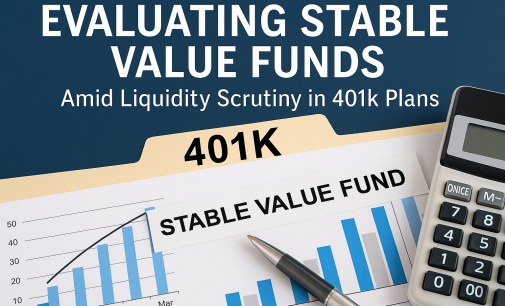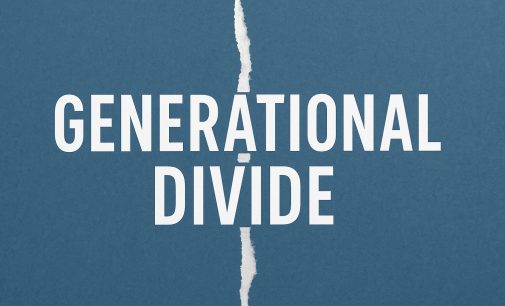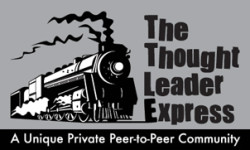The calendar flipped to 2026, and with it came a fresh crop of 401k new year opportunities. Will this be the year 403(b) plans finally shed legacy costs, SECURE 2.0 provisions hit their stride, and markets remind participants that risk never really sleeps?
Tag "Richard Bavetz"

Viewed through that lens, a 401k Christmas wish list isn’t just about outcomes, but about predictability. A stable rulebook can make it easier to design, monitor, and maintain plans that work in practice as well as on paper.

In many small employer 401k plans, those pressures combine with poor vendor selection, weak oversight, and minimal participant education to create environments where employees pay more and get less.

Viewing this content requires a Basic (Free) Membership or better. You are not currently logged in. If you have an

For fiduciaries, the comparison process must go deeper than surface-level performance. Yield is important, but transparency, diversification, and liquidity provisions matter just as much.

How can fiduciaries bridge the generational divide in 401k communication without inviting ERISA scrutiny? The strategies that follow may prove transformational.

With Supreme Court scrutiny looming, comparator standards could either narrow or widen 401k fee litigation. Plan for both outcomes now.

Such hesitation shifts the spotlight back to fiduciary fundamentals. New rules may widen the menu, but ERISA doesn’t relax the obligation to fully understand and monitor what’s offered.











What The $955 Retirement Savings Headline Gets Wrong (And Why Fiduciaries Should Care)
The $955 retirement savings headline sparked national alarm, but fiduciaries must look beyond shock value to understand what the data truly reveals and how to respond.